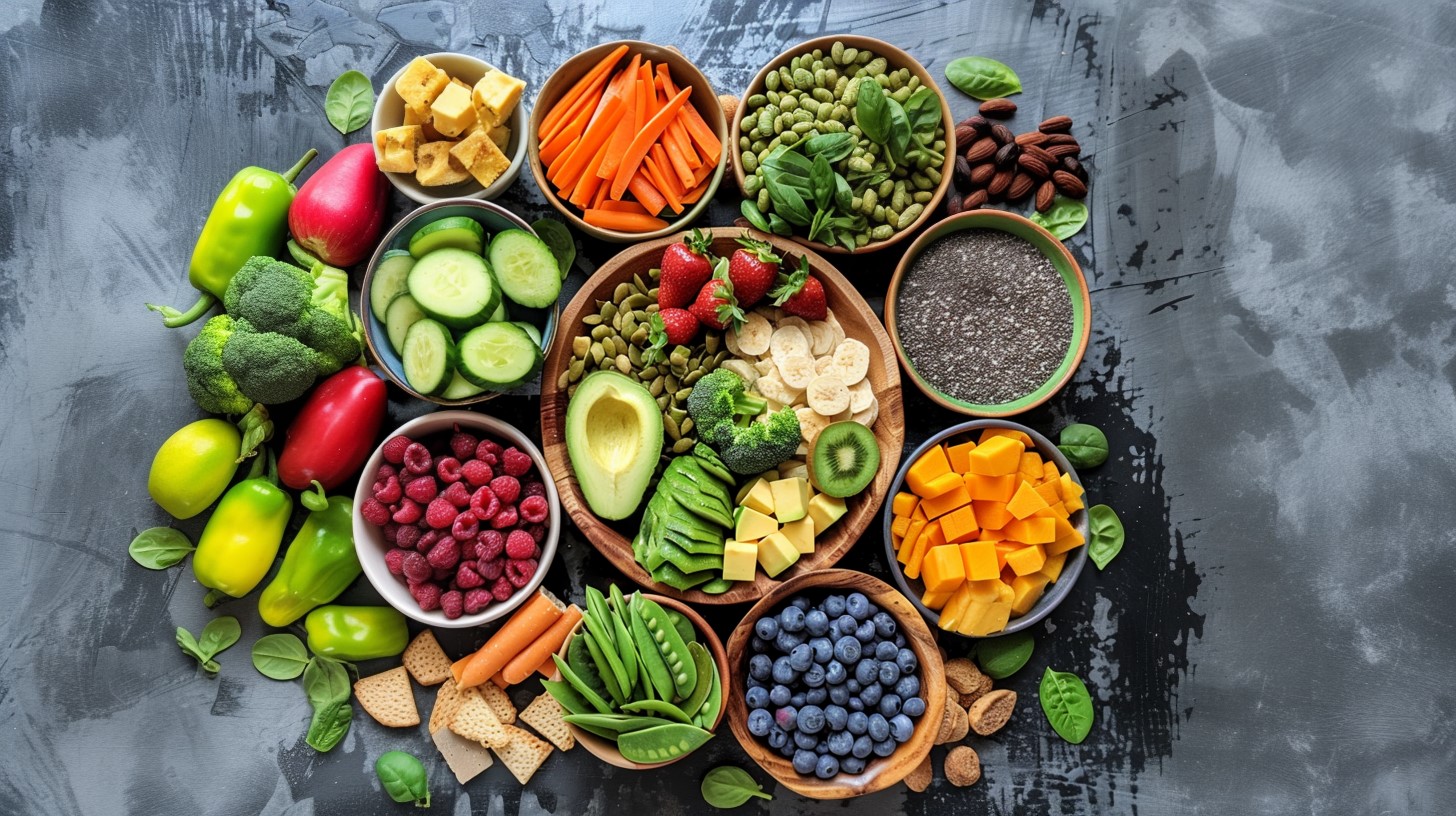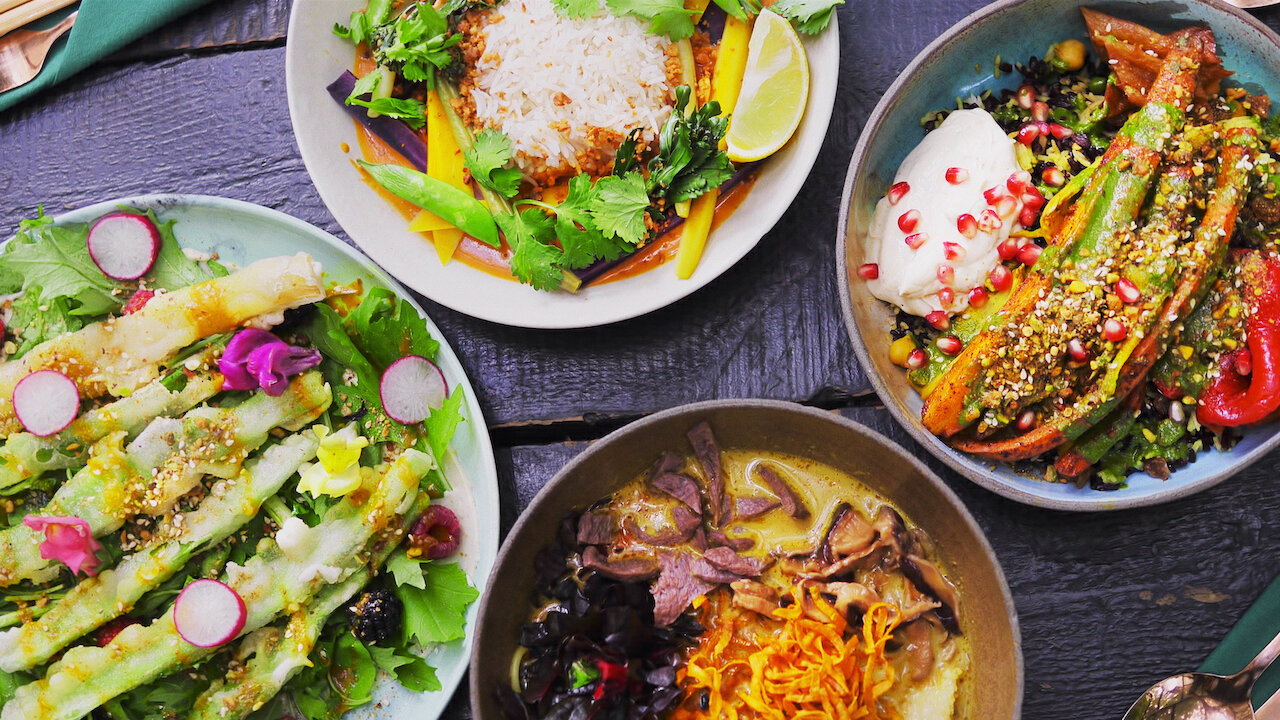In an era where the flow of information has dissolved international boundaries, our culinary choices reflect a rich blend of worldwide influences. This not only enriches our taste buds but also shapes our understanding of healthy eating, weaving a diverse palette of flavors into the broader narrative of nutritional wellness and cultural appreciation. The conversation around healthy eating is evolving, transcending traditional dietary guidelines to embrace a holistic view that considers not only the nutritional content of food but its environmental impact, cultural significance, and role in promoting wellness.
Fusion of Traditions and Science
At the forefront of this culinary revolution is the fusion of traditional eating habits with cutting-edge nutritional science. The Mediterranean diet, rooted in the eating habits of Greece and Italy in the 1960s, has long been celebrated for its heart-healthy benefits, emphasizing fruits, vegetables, whole grains, and healthy fats. Studies, such as those published in the New England Journal of Medicine, highlight its role in reducing the risk of heart disease, underscoring the power of diet in influencing health.
Similarly, the traditional Japanese diet, with its emphasis on seafood, plant-based foods, and minimal animal products, offers a blueprint for longevity. Okinawa, Japan, is known as a Blue Zone, a region with a high concentration of centenarians, partly attributed to its diet rich in antioxidants and anti-inflammatory foods.
Sustainability on the Plate
As we delve deeper into the connection between diet and health, the sustainability of our food choices emerges as a critical consideration. The EAT-Lancet Commission on Food, Planet, Healthoffers a groundbreaking framework for achieving a sustainable diet by 2050). It advocates for a significant reduction in meat consumption, increased intake of fruits, vegetables, nuts, and legumes, and a global shift towards farming practices that reduce environmental degradation.
Plant-Based Innovations
The rise of plant-based eating trends is a testament to the global shift towards sustainability and health consciousness. Beyond mere trends, these dietary choices reflect a broader movement towards reducing animal products in favor of plant-based alternatives. Innovations in food technology have brought us closer than ever to creating plant-based foods that offer the nutrition, taste, and texture of their animal-based counterparts, making it easier for people worldwide to embrace this shift.
Mindful Eating: A New Perspective
Beyond the contents of our plates, how we eat is just as important. Mindful eating (Link to Study), a practice with roots in Buddhist teachings, emphasizes the importance of being fully present during meals. This approach to food encourages a deeper connection with the act of eating, promoting a greater appreciation for the flavors, textures, and origins of our food. It’s a practice that invites us to consider not just the health benefits of food, but its journey to our plates and its impact on the world around us.
The Future of Global Healthy Eating
As we look to the future, the trends in global healthy eating offer a promising outlook for the health of our planet and its inhabitants. By embracing the diversity of global dietary practices, integrating scientific insights, and prioritizing sustainability, we are forging a path towards a healthier, more connected world.
The world on our plate is more than just food; it’s a reflection of culture, science, and the global effort towards a sustainable and healthy future. Let’s cherish and explore this diversity, for in the fusion of global traditions and modern science lies the key to nurturing our bodies and the planet.














